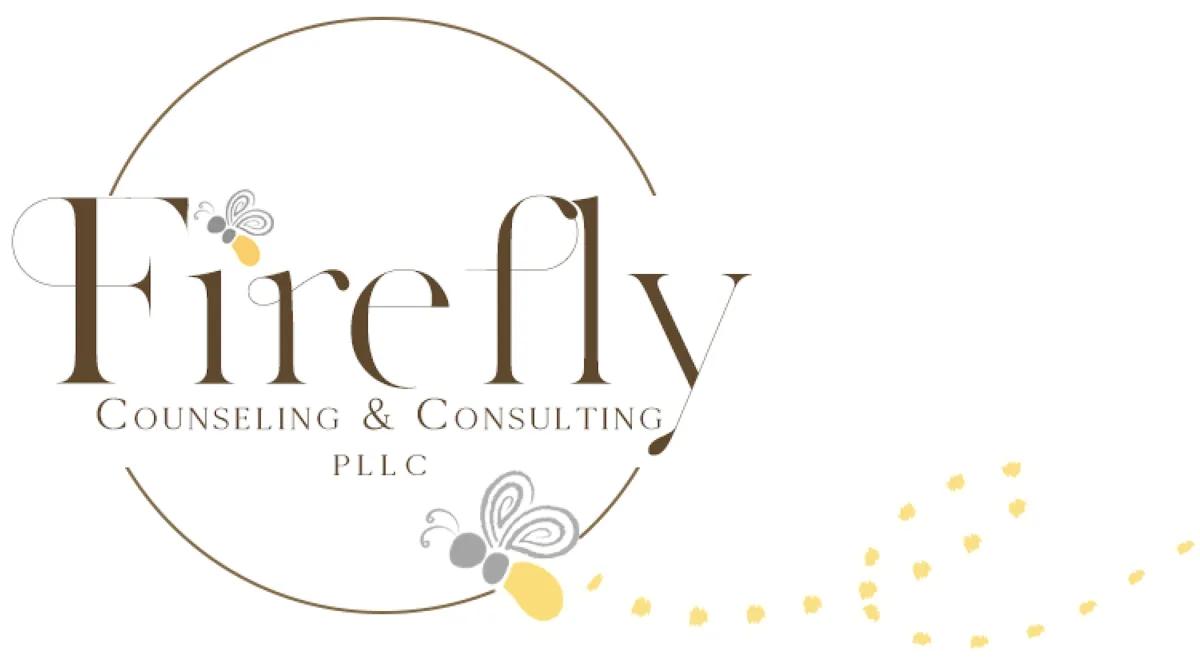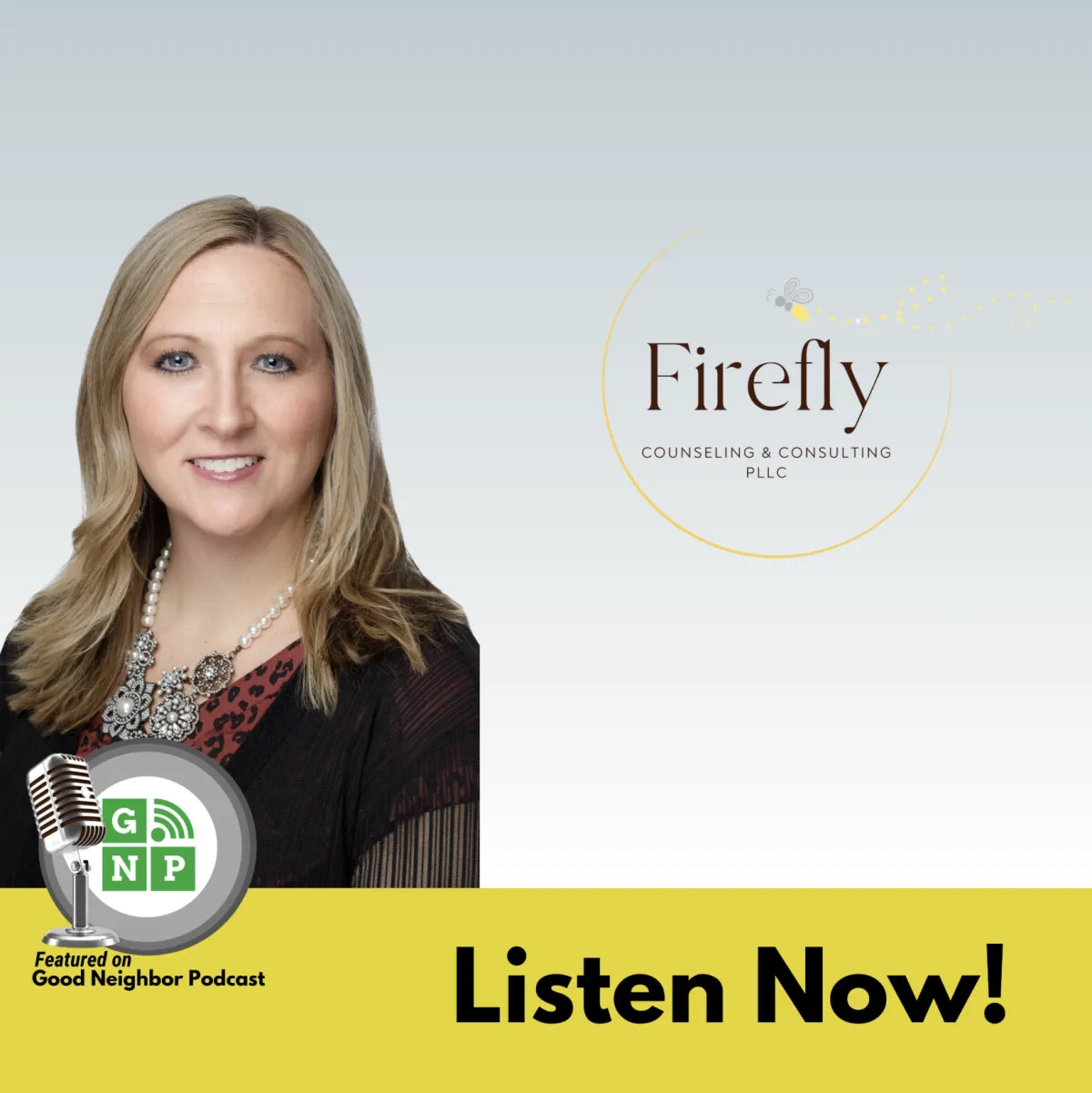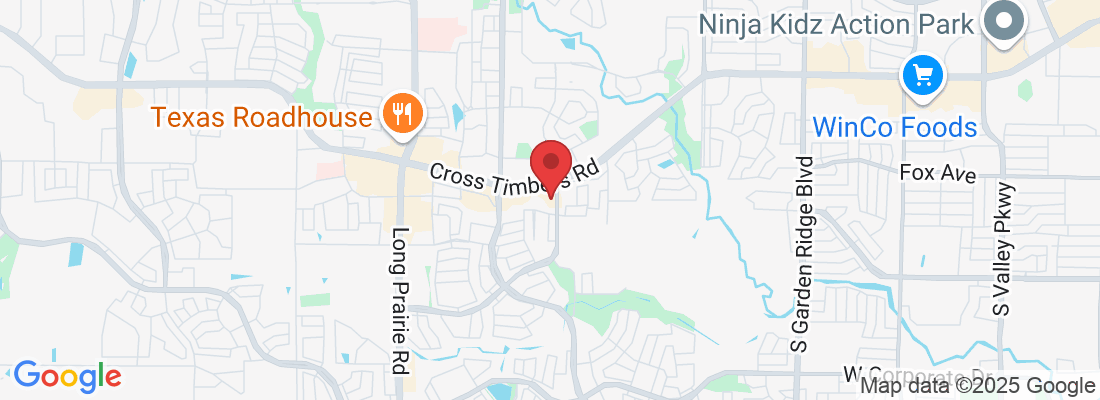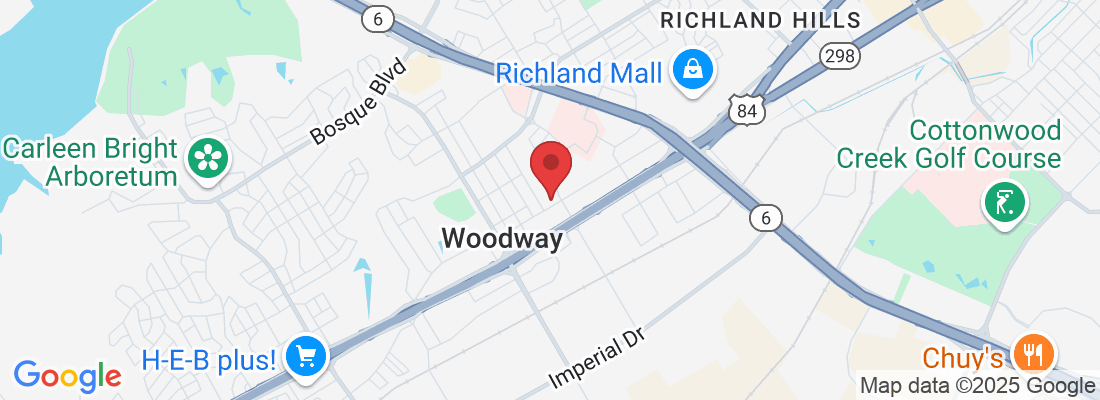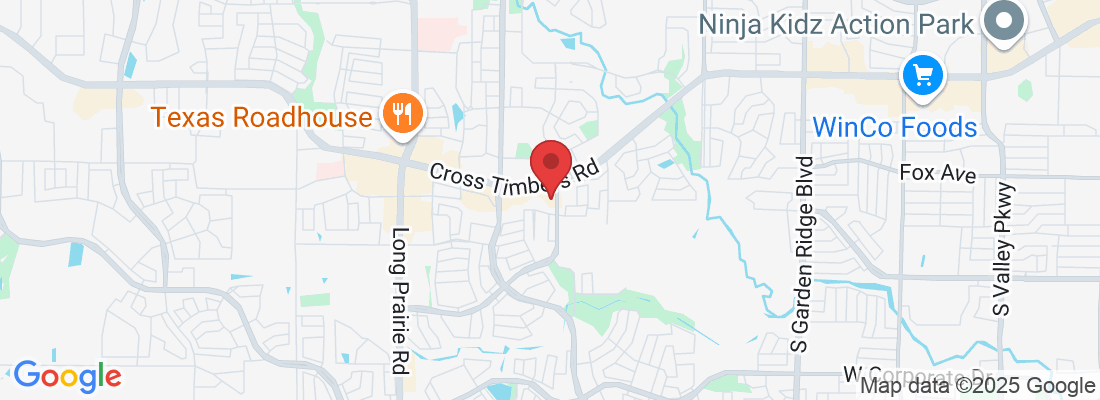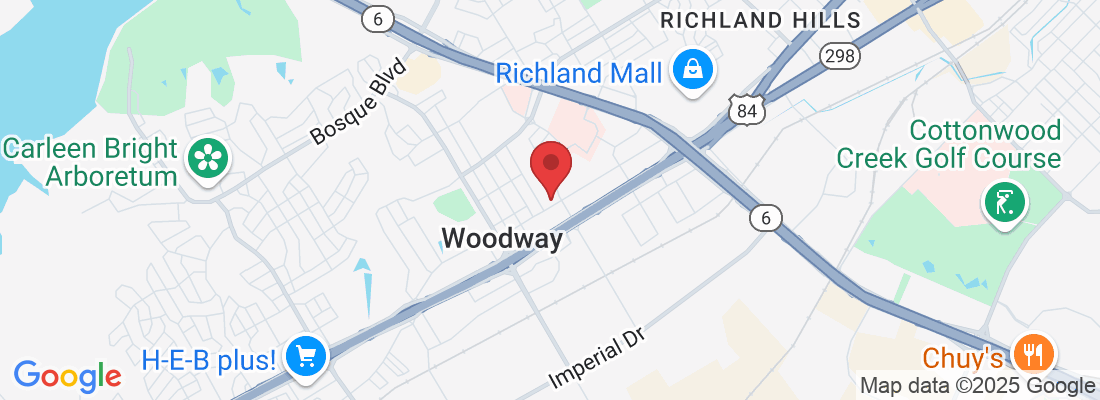Blog & Resources
Blog & Resources

Why Setting Boundaries Isn’t Selfish — It’s Necessary
Why Setting Boundaries Isn’t Selfish — It’s Necessary
Setting boundaries can feel uncomfortable, especially for those of us who are used to putting others first. Maybe you've been taught to always be kind, available, or agreeable — even when it hurts you. But the truth is, setting healthy boundaries in relationships isn’t selfish. It’s a vital part of maintaining your mental and emotional well-being.
At Firefly Counseling & Consulting, we often work with clients who feel overwhelmed, burnt out, or unsure how to say “no.” What many don’t realize is that boundary-setting is a learned skill — and one that can be life-changing.

What Are Emotional Boundaries?
Emotional boundaries are the lines that protect your time, energy, and mental health. They define what’s okay and what’s not okay in your relationships — with friends, family, coworkers, and even yourself.
Without boundaries, you may find yourself:
Saying yes when you want to say no
Feeling guilty for putting yourself first
Becoming resentful or emotionally drained
Struggling with anxiety or low self-worth
Why We Struggle to Set Boundaries
Many of us were never taught how to set boundaries — especially if we grew up in environments where self-sacrifice was praised or emotional needs were overlooked. Cultural values, family dynamics, and early life experiences all shape the way we relate to others and to ourselves.
It’s common to fear that setting a boundary will result in conflict, disappointment, or rejection. You may even feel guilty for putting yourself first. These feelings are valid, but they don’t have to dictate your choices. Setting boundaries doesn’t mean you’re pushing people away — it means you’re protecting your well-being so you can show up more fully and authentically in your relationships.
Benefits of Setting Boundaries
When you begin to set clear and respectful boundaries, you’re not being selfish — you’re being honest. Boundaries are the foundation of trust, safety, and emotional connection. They help define what’s okay and what’s not okay, and they teach others how to interact with you in a healthy and respectful way.
Some of the benefits of boundary-setting include improved self-esteem, healthier relationships, reduced stress, and a greater sense of control over your life. You’ll likely find yourself with more energy, more clarity, and more confidence in your decisions.
Examples of Healthy Boundaries
Setting boundaries doesn’t have to be dramatic or confrontational. It can be as simple as:
“I’m not available to talk after 8 PM.”
“I can’t take on anything else right now.”
“That topic is off-limits for me.”
“I need some time to myself this weekend.”
What matters is that your boundary reflects your needs, not someone else’s expectations.
How to Start Setting Boundaries
If you’re not used to setting boundaries, it might feel awkward at first — and that’s okay. Here are a few simple steps to get started:
1. Get clear on your limits.
What drains you? What feels overwhelming? Make a list.2. Practice saying no.
Start small — you don’t need to justify or over-explain.3. Use “I” statements.
Example: “I need some time to recharge tonight” is more effective than blaming or accusing.4. Expect discomfort.
It’s normal to feel uneasy at first, especially if others are used to the old version of you.5. Get support.
Therapy can help you explore where your boundary struggles come from — and build the tools to change them.
You Deserve to Take Up Space
Setting boundaries isn’t about pushing people away. It’s about showing up in relationships with honesty, confidence, and self-respect. It’s a sign that you value yourself and want to create healthier connections — not just for others, but for you, too.
At Firefly Counseling & Consulting, we’re here to help you build the emotional tools you need to grow. If you’re ready to stop people-pleasing and start honoring your needs, we’d love to support you on that journey.
🔗 Ready to take the next step?
Schedule a consultation today and start building the boundaries that support your best life.
Podcast Series
All about EMDR: A deep dive into a groundbreaking modality for mental wellness
In the latest episode of 'Functional Medicine in Real Life,' Allison had the wonderful opportunity to share insights about a therapy close to heart—Eye Movement Desensitization and Reprocessing, or EMDR.
This technique has been a cornerstone in helping individuals navigate through the emotional turmoil of traumas and challenging life events. Joining the conversation, Allison delves into the essence of EMDR therapy, its potential to foster healing, and whom it can benefit, touching on the common roots of anxiety and how EMDR addresses them.
If you've ever been curious about EMDR or the impact of counseling on personal growth, this episode offers a personal glimpse into the process and its profound benefits.
I invite you to listen as we explore the transformative power of EMDR and how it can pave the way toward emotional healing.
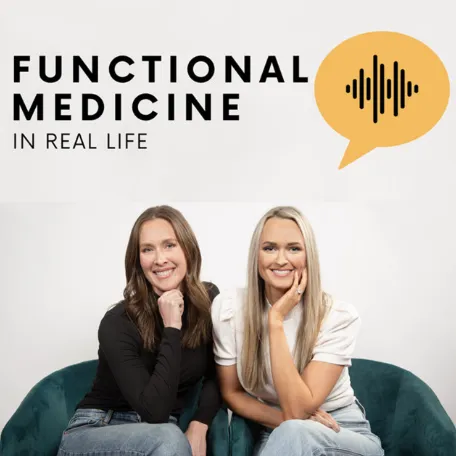
Watch our latest podcast episode below:
In this Good Neighbor Podcast episode, Allison Cornell—founder of Firefly Counseling & Consulting—shares how her team is bringing light to dark places through trauma-informed care, EMDR, and holistic therapy. From her roots in education to launching a thriving group practice, Allison discusses breaking therapy myths, supporting first responders and families, and helping clients heal with compassion and purpose.
Podcast Series
All about EMDR: A deep dive into a groundbreaking modality for mental wellness

In the latest episode of 'Functional Medicine in Real Life,' Allison had the wonderful opportunity to share insights about a therapy close to heart—Eye Movement Desensitization and Reprocessing, or EMDR.
This technique has been a cornerstone in helping individuals navigate through the emotional turmoil of traumas and challenging life events. Joining the conversation, Allison delves into the essence of EMDR therapy, its potential to foster healing, and whom it can benefit, touching on the common roots of anxiety and how EMDR addresses them.
If you've ever been curious about EMDR or the impact of counseling on personal growth, this episode offers a personal glimpse into the process and its profound benefits.
I invite you to listen as we explore the transformative power of EMDR and how it can pave the way toward emotional healing.
Watch our latest podcast episode below:
In this Good Neighbor Podcast episode, Allison Cornell—founder of Firefly Counseling & Consulting—shares how her team is bringing light to dark places through trauma-informed care, EMDR, and holistic therapy. From her roots in education to launching a thriving group practice, Allison discusses breaking therapy myths, supporting first responders and families, and helping clients heal with compassion and purpose.
Contact Information
Email: allison@fireflycandc.com
Phone Number: 254.230.4994
Assistance Hours
Mon – Sat 9:00am – 8:00pm
Sunday – CLOSED
Flower Mound Address:
3535 Firewheel Dr.
Flower Mound, TX 75028-2628
Waco Address:
7100 Old McGregor Rd.
Woodway, TX 76712
Contact Information
Email: allison@fireflycandc.com
Phone Number: 254.230.4994
Assistance Hours:
Mon – Sat 9:00am – 8:00pm
Sunday – CLOSED
Flower Mound Address:
3535 Firewheel Dr.
Flower Mound, TX 75028-2628
Waco Address:
7100 Old McGregor Rd
Woodway, TX 76712
